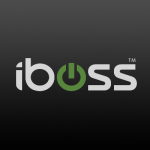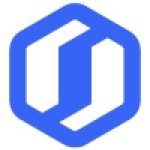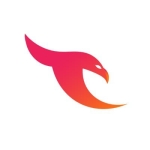The solution is primarily used as a secure web gateway.
Overall, it's a good solution.
We had very few issues during implementation.
Technical support is quite helpful and responsive once you get a hold of them.
It has private access and has a lot of features inbuilt including DLP, CASB, et cetera.
The solution is scalable and stable.
The solution can be a bit pricey.
Sometimes, support isn't available.
Zscaler does not have any local data centers. For example, if we have our customers in Czech Republic, in the Czech Republic they don't have their data center, as the local content, in the Czech language. They should do something in the Czech Republic and ensure that the language is accessible. They should have one data center as these people want to see the local content. Everyone wants to see their first language in the available content.
Also, in Brazil, they just have two data centers in São Paulo and they should consider expanding to other data centers.
When you check the logs, you cannot see what policy is allowed. That is one thing that is lacking. If I put someone's account in Zscaler, then it should show which policy it will be applicable for. For example, in Forcepoint we have that feature. This is something that Zscaler needs to add. They just need to put the account of some users and check whether they will be able to access that or not.
They don't have MFA, or multi-factor authentication, for admins.
I've used the solution for about one year and three or four months.
The solution is stable. There are no bugs or glitches. It doesn't crash or freeze. It's reliable.
The solution is very scalable. If a company needs to expand it, it can do so. It's on the cloud, which makes scaling easy.
The support is great. They helped us during implementation.
When we ask for support, however, they reschedule the calls. Support guys are not always available. If I schedule the call for three to four days before, they will reschedule it. Sometimes, we'll join the call and they won't and then they'll just reschedule. That is something that has been disappointing.
The implementation process was pretty straightforward. We did not run into issues.
We did have some issues in that there were professional services that were purchased already, however, we came to know very late that we had any professional services support available from the vendor. We ended up handling things ourselves. The professional services were okay, however, they just were able to help us at a high level with recommendations.
The product is a bit expensive. That said, that is not in our scope to worry about pricing.
We were integrated with Azure Identity. We are not sure if the client has their own data center or what they are using in that backend, or which cloud provider.
I would rate the solution a nine out of ten.

















